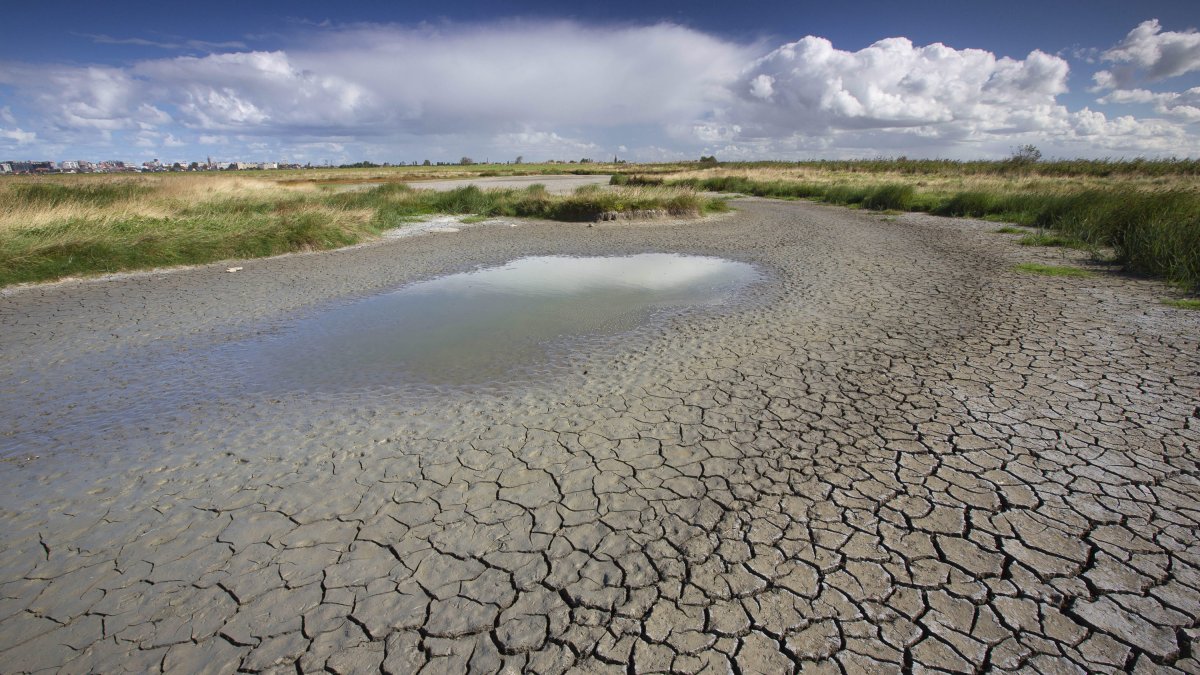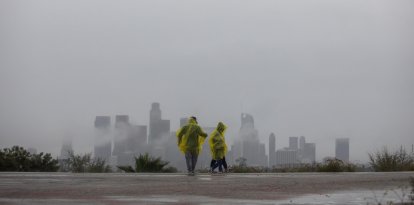Climate hoax: News reports of the ‘hottest day in history’ may be biased and misleading
Experts explain that it is basically impossible to get temperature data from at least 125,000 years ago. Meanwhile, many warn that the climate agenda is being used for political purposes.

Día caluroso
Data claiming that it was the hottest day in history may be biased and erroneous. Several experts have explained that the measurement used to determine the hottest day is not accurate, mainly because it is difficult to get temperature data from at least 125,000 years ago.
According to various media reports, in july the record for the hottest day ever recorded on Earth was broken." The information was published by outlets such as The New York Times and the Associated Press, NBC News and The Guardian.
Steve Milloy, a former Fox News commentator who holds a bachelor of science degree in natural sciences from Johns Hopkins University and a master of health science degree in biostatistics from the Johns Hopkins University School of Hygiene and Public Health, highlighted in 2023 that calculated estimates of current temperatures cannot be fairly compared to global temperature estimates from thousands of years ago.
Furthermore, Milloy explained in an article published by The Wall Street Journal that global average temperature also changes seasonally.
"Temperatures are higher globally during the Northern Hemisphere’s summer because of more sunlight-trapping land. In this case, the Climate Reanalyzer’s estimated temperatures in early July were skewed by a heat wave in the Antarctic, where areas may have warmed some Antarctic temperatures by as much as 43 degrees. This is likely the explanation for the difference between the 62.6-degree and 57.5-degree estimates," Miloy said.
Similarly, he said that another problem is that the temperature data that is published, in his opinion, is inaccurate.
"It has been estimated that 96% of U.S. temperature stations produce corrupted data. About 92% of them reportedly have a margin of error of a full degree Celsius, or nearly 2 degrees Fahrenheit. The lack of precision of reported temperatures, whether estimated or measured, is not reassuring," Milloy noted.
Just The News made a compilation of experts who have shown the irregularities that have been recorded in the measurement of this data. For Tony Heller, a computer scientist and editor of Real Climate Science, most of the data being published is unreliable.
"Most of the data that's used in calculating global temperatures is garbage, or it’s unusable data. It's like they tried to make good food by mixing in a lot of bad ingredients," Heller said in a conversation with the news outlet.
Similar is the position of Chris Martz, a senior meteorology major at Millersville University, who explained that there have been changes to the published data and no reported reasons for the edits.
"NOAA doesn’t tell you why they adjusted the temperature at one station, in say, 1933 by 1.35 degrees and then adjusted the temperature in 1934 down by just half a degree, as an example," Martz said.
In that regard, Martz insisted that "the adjustments are very subjective and arbitrary. Until somebody can provide me with some solid documentation as to why adjustments are made to individual stations by how much for what year and why that was for that year and why at that location, then I remain unconvinced that this is entirely legitimate reasoning."
High temperature data has been used to promote the supposed million-dollar fight against climate change. However, not only do experts agree that the numbers may be biased, but many agree that there is no climate emergency as claimed by the far left.
A statement was signed by 1,609 personalities from the scientific world, including two Nobel laureates, who charge against the postulates of the federal government and the global agenda, highlighting that "there is no climate emergency."
The statement, endorsed by the Global Climate Intelligence Group (CLINTEL), does not pretend to dismiss the harmful effects of polluting emissions, but it does speak of an exaggeration of some assumptions that are based on uncertainty.
"Climate science should be less political, while climate policies should be more scientific," reads the introduction to this initiative led by John F. Clauser and Ivar Giaver, both Nobel laureates in physics. The group behind the statement is independent and ensures that the public debate around climate change is based on misconceptions.


























